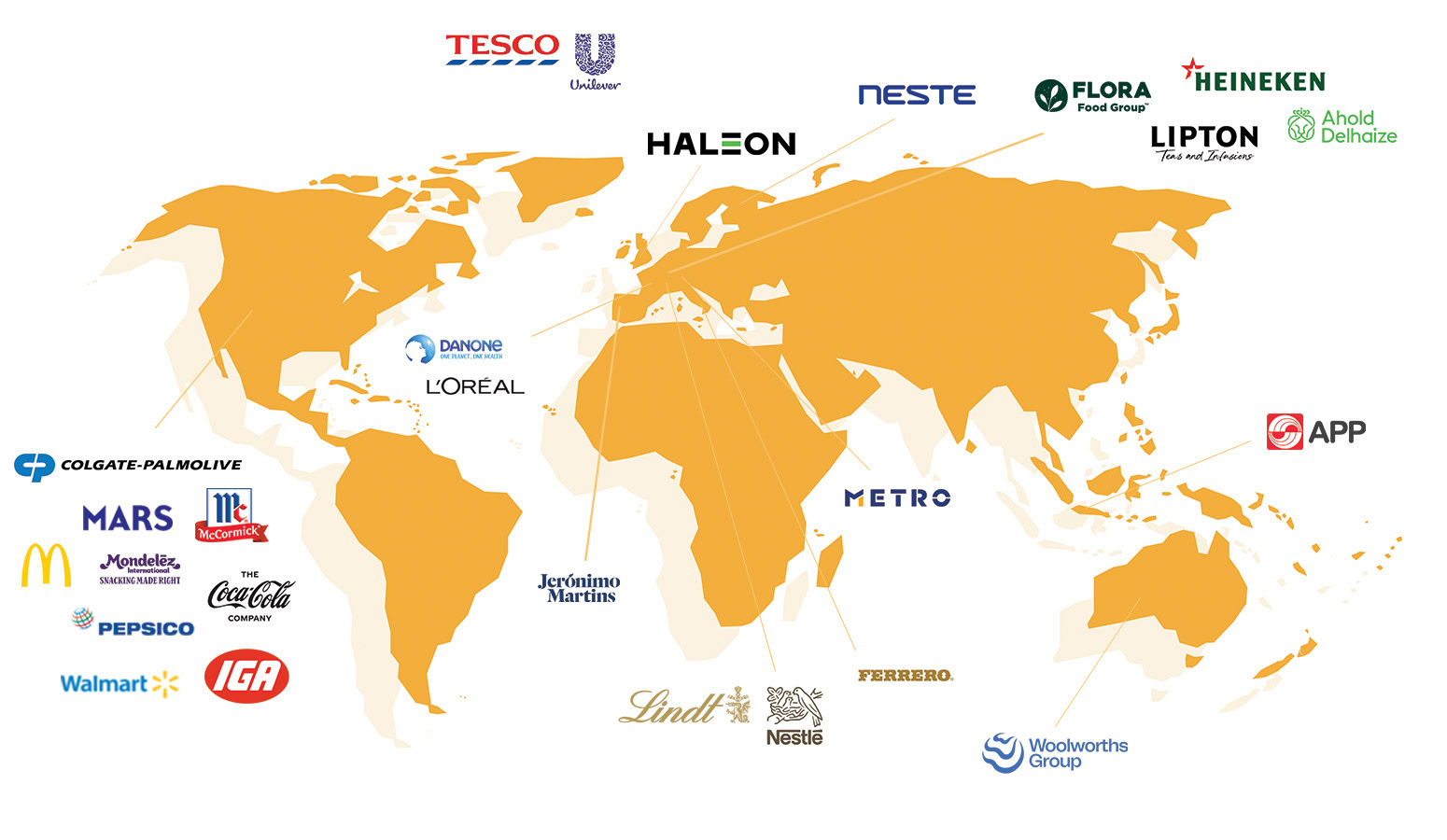The Coalition is also supported by the Fair Labor Association and the International Organization for Migration, who provide technical expertise and implementation support.
Explore Tags
#Deforestation, #Social Sustainability, #Sustainability, #Food Waste, #Supply Chain, #Supply Chains, #Tesco, #Collaboration for Healthier Lives, #Case Studies, #Human Rights, #AIM-PROGRESS, #Ahold Delhaize, #Responsible Sourcing, #Food Loss, #social compliance, #executive summary, #SRS, #Employee Wellbeing, #Benchmarking, #Case Study, #food Waste Reduction, #Kraft Heinz, #consumer goods forum, #UN Sustainable Development Goals, #CGF Report, #Plastic Waste, #Frans Muller, #Collaboration,
